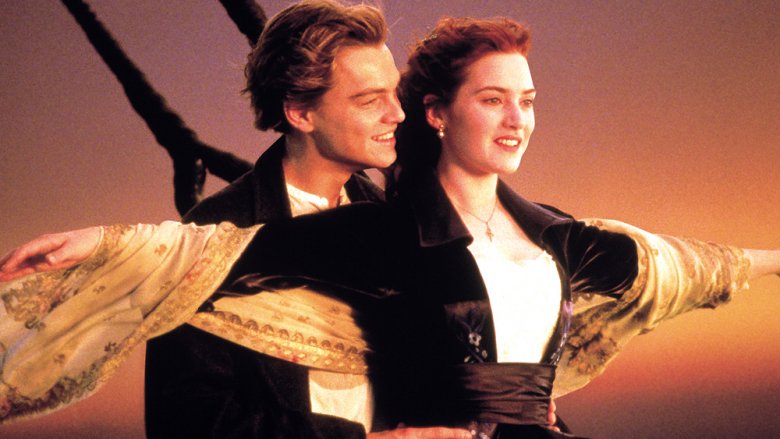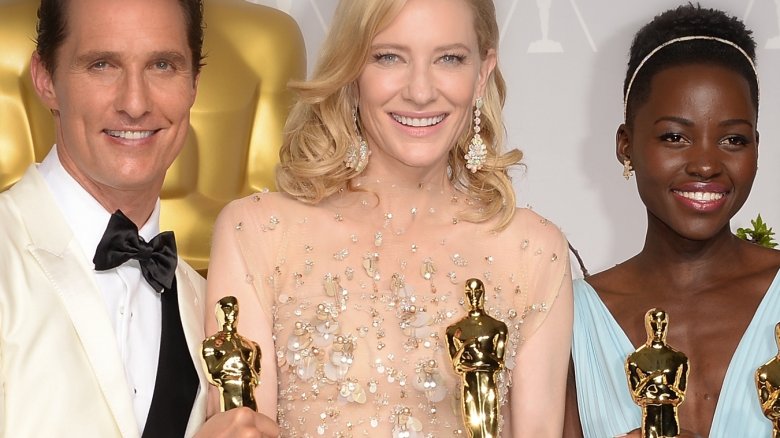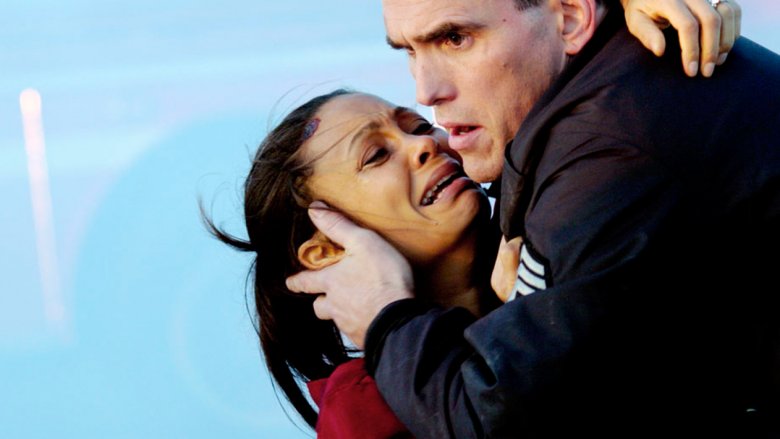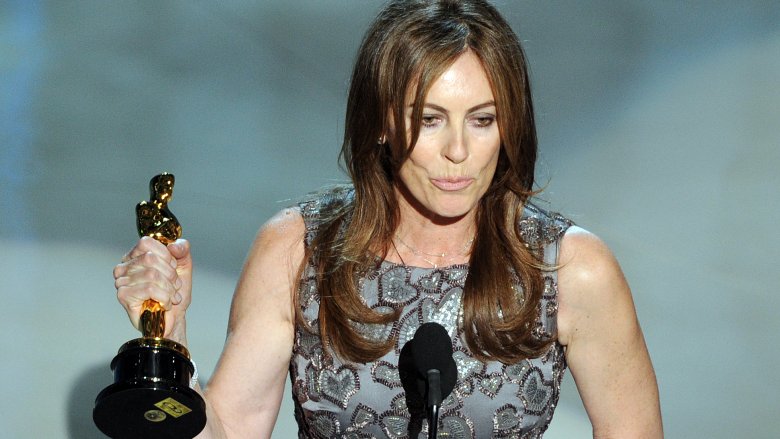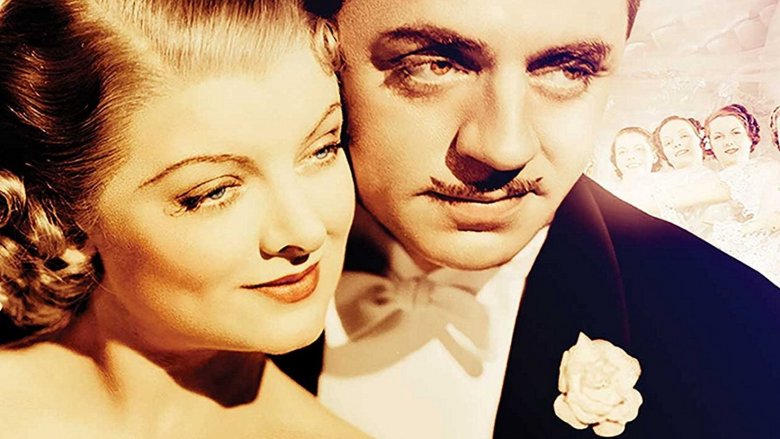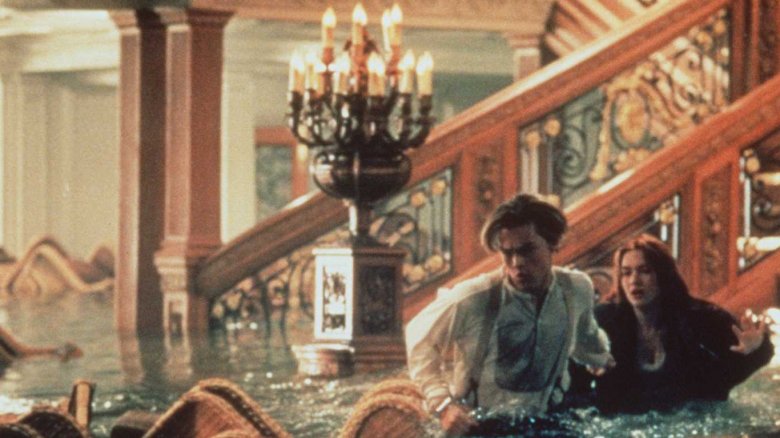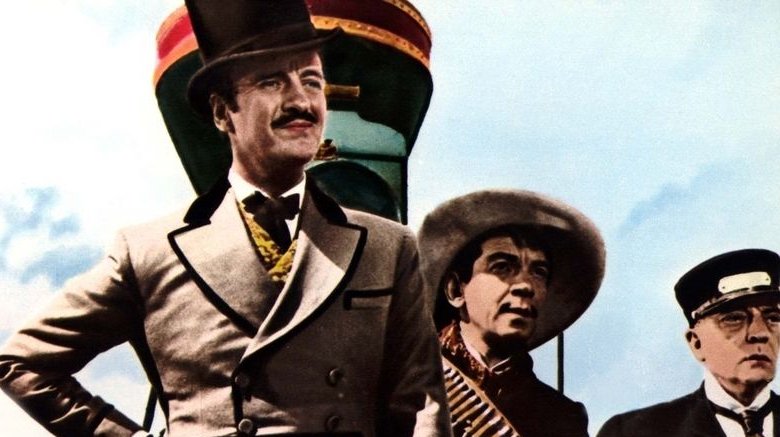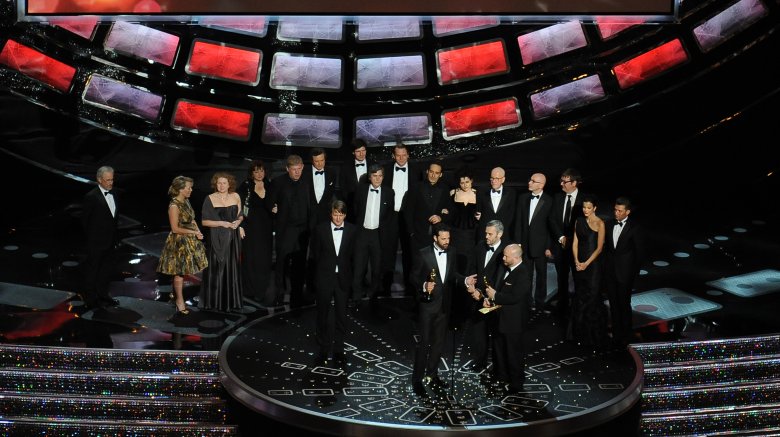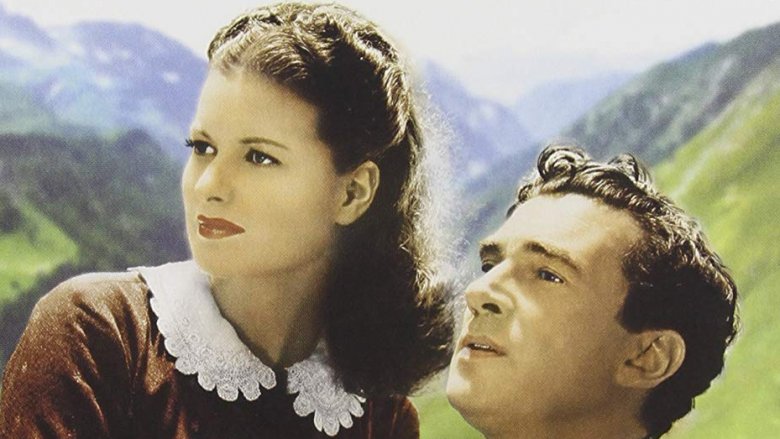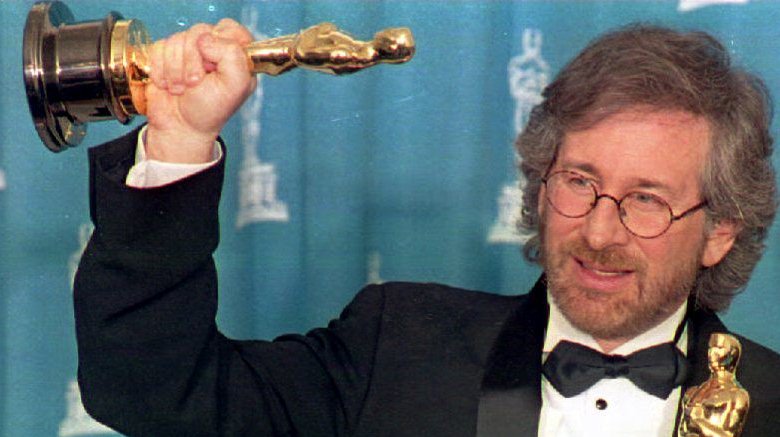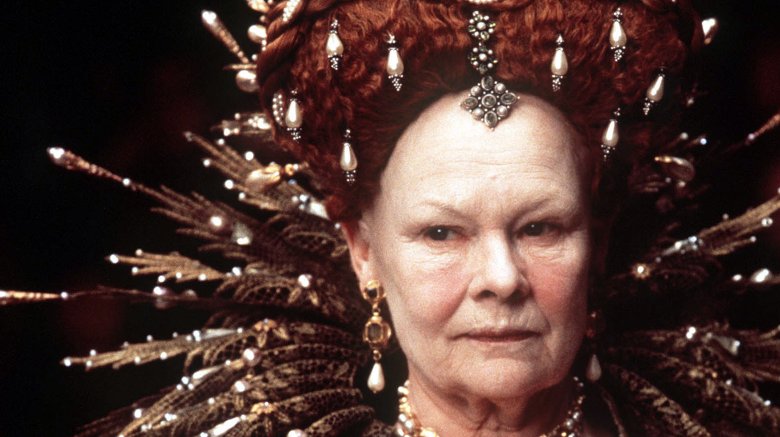5 Best And 5 Worst Best Picture Oscar Winners
The Best Picture award at the Oscars has been around since 1929 and many great movies have received it, but some winners are a little more memorable than others. Have you watched Titanic recently? It's never a bad time to relive Leonardo DiCaprio's 1997 self. But how about Shakespeare in Love? Didn't think so.
Determining a Best Picture winner can be a little tricky — after all, the award compares movies from various genres. Biases play a role, too, and the observant viewer will also notice that glossy big-budget productions with marquee stars tend to win over indie films. And sometimes it's just dumb luck — for instance, films that are released later in the year typically have a better chance of being nominated.
That being said, there are many times the Best Picture award has been extremely well deserved (think Schindler's List), while other times it's been, well, a little less so (we're looking at you, The Great Ziegfeld). Here are five of the worst Best Picture Academy Award winners of all time — and five of the best.
Best: 12 Years A Slave
12 Years A Slave won Best Picture in 2014 against a lineup of films that included Gravity, American Hustle, and The Wolf of Wall Street. The movie, based on a true story, follows a free black man, Solomon Northup, who is sold into slavery in 1841. Northup (played by Chiwetel Ejiofor) tries to survive his cruel owner and eventually meets an abolitionist.
"Steve McQueen's film is the first Best Picture-winner in the Academy's history to have been directed by a black filmmaker, and also the first since In the Heat of the Night, which won in 1968, to deal with the black experience in America in a remotely meaningful way," noted the Telegraph. "The decision will be read variously as bold, long-overdue, intrinsically political and absolutely correct."
Some films are purely meant as mindless entertainment — which we all need once in a while. But the best films ask deeper questions, tell a more compelling story, and challenge the way we think about our world and the way it works. 12 Years A Slave does all of those things, and is a brilliantly made film to boot.
Worst: Crash
The 2005 film Crash, directed by Paul Haggis and starring Sandra Bullock and Don Cheadle among several other actors, is set just after 9/11. The story follows an attorney, an African-American couple, and two police detectives as it explores themes of race and class. Crash was the 2006 Best Picture winner — but "had it not won the Oscar, it probably would have shuffled off quietly to the archives," argued the Guardian.
Before winning Best Picture, Crash was a forgettable film at best — or at least, one that many people would have preferred to forget. It stirred up quite a controversy because it addresses racial tensions, but not necessarily in the right way. Crash doesn't address the need for systemic change. Called melodramatic and absurd by some viewers, the movie has also been slammed for its soundtrack; its unwieldy ensemble cast, and the perception that it's no longer timely.
Best: The Hurt Locker
Released in the U.S. in summer 2009, The Hurt Locker is a war thriller that was nominated for nine Academy Awards and went home with six of them — including, of course, Best Picture. About an explosive disposal team that's targeted by insurgents during the Iraq War, the film has an interesting distinction: with a box office total of $49.2 million, it's one of the lowest-grossing films to ever be awarded Best Picture.
In a slightly controversial choice, The Hurt Locker beat out Avatar for the 2010 Best Picture award. The Hurt Locker is an indie, while Avatar was pulling in big bucks at the box office. "Hurt Locker managed to be both a film of substance and a nail-biting action thriller," pointed out Time, adding that it "remains the least popular, least seen Best Picture winner in Oscar history."
But that doesn't mean it's one of the worst — in fact, just the opposite. The movie is beautifully shot and was called "a penetrating study of heroism" by the Wall Street Journal. It has its flaws, but The Hurt Locker is still one of the top Best Picture winners.
Worst: The Great Ziegfeld
Directed by Robert Z. Leonard, The Great Ziegfeld is a 1936 musical that tells the story of Florenz Ziegfeld (played by William Powell), a 1920s theater producer who puts together shows on Broadway. Although the movie is now known as one of Hollywood's best musical biographies, it's probably safe to say that today's average moviegoer has never heard of The Great Ziegfeld.
The 170-minute movie won Best Picture, but it came with a host of complaints: The dialogue is full of cliches. The movie is far too long. The musical numbers have nothing to do with the plot. And it's certainly not William Powell's best work. The Great Ziegfeld is sumptuous and lavish, with flashy performances, but it doesn't hold any deeper meaning or leave a lasting impact.
Overall, it seems, the general consensus is that The Great Ziegfeld is an okay movie, but not a great one — not one worthy of winning Best Picture.
Best: Titanic
Like The Great Ziegfeld, Titanic is more than three hours long — but unlike The Great Ziegfeld, Titanic is completely worth the watch (or the rewatch, or the re-rewatch). Who doesn't feel a thrill when they hear Leonardo DiCaprio shout "I'm the king of the world!" or tear up just a little at Rose's "I'll never let go, Jack"?
Released in 1997 and starring Kate Winslet and Leonardo DiCaprio, Titanic competed against films including The Full Monty and Matt Damon's Good Will Hunting to get the coveted Best Picture title. (It won ten other awards, too, leaving the Oscars with a record-tying 11.)
From the compelling story to the brilliant actors to the beautiful cinematography, is there any aspect of Titanic that doesn't stand the test of time? Over 20 years later, we don't think so. The proof is in the pudding, after all — including $2.18 billion in gross worldwide revenue and the fact that the movie was No. 1 at the box office for 15 weeks.
Worst: Around the World In 80 Days
Around the World In 80 Days won Best Picture in 1957 against The King And I and Giant, among others. The 1956 Michael Anderson film follows the plot of Jules Verne's novel of the same name, set in 1872. It documents the story of a man who's doing his best to win a bet that he can make it around the globe in — you guessed it — 80 days.
Production got off to a rocky start when original director John Farrow was fired and replaced. The film got back on its feet with Michael Anderson and is fairly well-made, but not brilliant by any stretch of the imagination. Some praise Around the World In 80 Days for its lighthearted air, while others slam the film for being too shallow. The movie features 50 celebrity cameos, and upon its initial release, audiences were arguably chiefly drawn in by the cavalcade of familiar faces.
In the end, Around the World In 80 Days was nominated for eight Oscars and won five of them — but it's really nothing more than an amusingly shallow film that many people could do without.
Best: The King's Speech
2011 Best Picture winner The King's Speech was no surprise to many moviegoers and film critics. According to the New Republic, thanks to the "royal family angle," the stuttering main character that many people can relate to, and Colin Firth's charming screen presence, this crowd-pleasing biopic surpassed $100 million in box office revenue over the holiday season leading into the Oscars and surged ahead to beat out The Social Network for the coveted top honor.
In the film, England's future King George VI has a speech impediment but finds confidence in himself as he begins working with a therapist. The film is an inspiring story, one that many people can relate to — after all, we've all had those moments where it's our turn to step up but we're terrified. And the period costumes and British accents don't hurt, either.
The King's Speech has weathered some criticism because it's not entirely historically accurate. At the end of the day, however, movies are stories. And this is an uplifting, brilliantly told story — the type of movie we need more of.
Worst: How Green Was My Valley
How Green Was My Valley is a 1941 drama based on a 1939 novel about a Welsh mining family. Directed by John Ford, the movie was nominated for ten Academy Awards. It ended up beating Citizen Kane — widely hailed as "one of the cinema's greatest classics" — for Best Picture. While How Green Was My Valley isn't necessarily a terrible movie, Citizen Kane had a much bigger impact on the film industry, and in retrospect, a number of film fans remain upset at its snub.
The acting and the photography aren't bad at all, but How Green Was My Valley has plenty of critical flaws. The novel's author is problematic — he pretended to be Welsh and had a "fraudulent past." And the overall structure of the film is a little scattered. "Opportunities for dramatic intensity... are deliberately thrown away," noted the New York Times.
For those who can sit through the movie and overlook these flaws, How Green Was My Valley might make for an enjoyable two hours. But it didn't deserve Best Picture over Citizen Kane.
Best: Schindler's List
This classic 1993 drama sticks in the mind of anyone who's ever watched it. Steven Spielberg rounded up an incredible cast — including Liam Neeson, Ralph Fiennes, and Ben Kingsley — to bring the story of Oskar Schindler, the German businessman who saved thousands of Jews during World War II, to life.
Other Best Picture nominees in 1994 were The Piano, The Fugitive, In the Name of the Father, and The Remains of the Day. What did Schindler's List have that they didn't? Simple: Spielberg's unique visual command. Think about the plume of smoke at the beginning of the movie, or the little girl who wears a red coat while everything around her is darkness, black and white. Spielberg took advantage of little details like these to elicit an emotional response from his viewers.
"Schindler's List's visual power transfers into emotional muscle from quiet, observant moments," wrote SBS Movies. Those tiny details and brief moments — not to mention the incredible real-life story that inspired it — are what make the film so memorable.
Worst: Shakespeare in Love
A 1998 romantic period comedy directed by John Madden and starring Ralph Fiennes and Gwyneth Paltrow as William Shakespeare and his aristocrat love interest/muse, Shakespeare in Love garnered nearly $290 million in global box office revenue. The film carries impressive performances from some good actors, but is historically inaccurate to the point of being almost completely implausible, which bothers history buffs and film fans alike.
In some ways, though, it's not that Shakespeare in Love is so terrible — it's that the other 1998 nominees were so good. Shakespeare in Love is a decent movie with decent performances from its actors, but Saving Private Ryan, The Thin Red Line, and Life Is Beautiful are simply better movies overall, and they were snubbed in favor of this slightly cheesy historical fiction. Shakespeare in Love isn't bad, but the other 1998 Best Picture nominees were better, and that's why Madden's Best Picture award is such a travesty.
